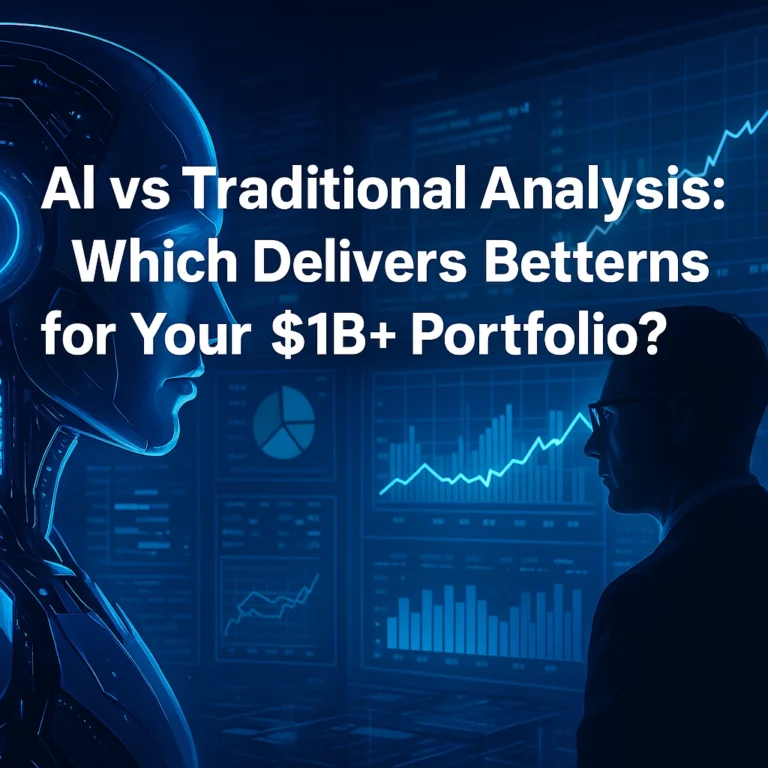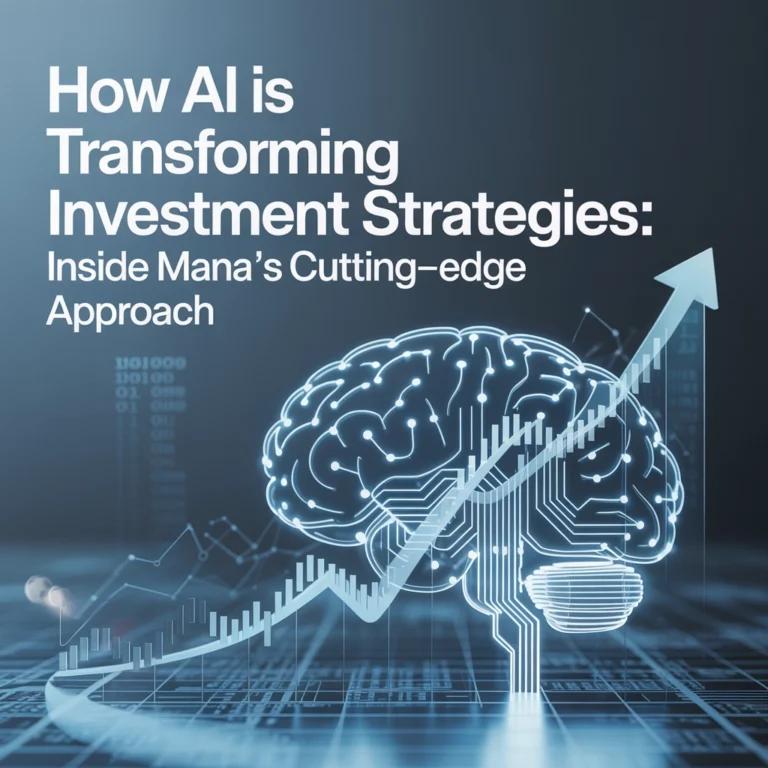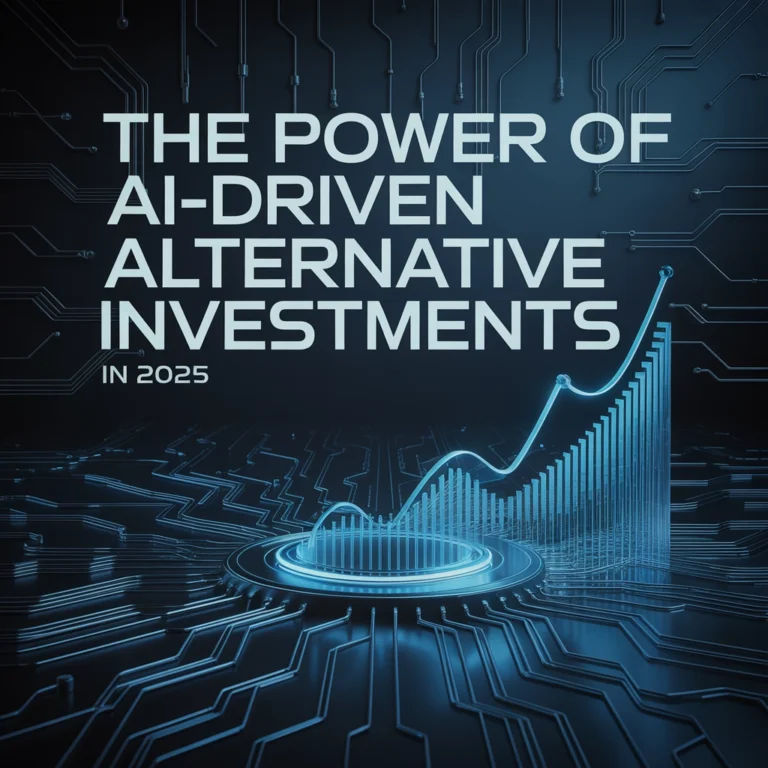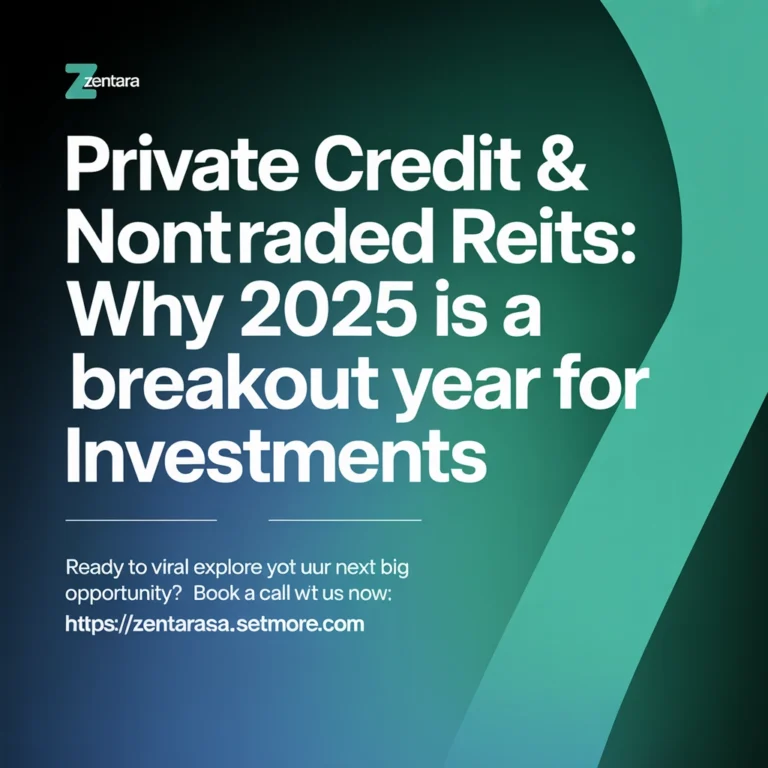Unlocking Access to Private Markets for High-Net-Worth Families

Private markets used to be the ultimate exclusive club. Think old-school Wall Street, where only the biggest institutions and ultra-wealthy could get a seat at the table. But that's changing fast, and high-net-worth families are finally getting the keys to opportunities that were locked away for decades.
At Mansa Investments, we're not just watching this transformation happen: we're driving it forward with our AI-powered approach. Here's what's really going on behind the scenes and why it matters for your family's wealth strategy.
The Private Market Revolution is Real
Let's put this in perspective. Back in 1982, when the average American household was making around $24,000, only about 5,000 millionaires nationwide could legally invest in private markets. Fast forward to today, and we're looking at roughly 22 million Americans who qualify based on investable assets alone.
That's not just growth: that's a complete reshaping of who gets access to some of the most lucrative investment opportunities out there.
But here's the thing: just because you can access private markets doesn't mean you should dive in without the right strategy. That's where technology and sophisticated advisory come into play.

Technology as the Great Equalizer
This is where Mansa's Musa AI really shines. While traditional wealth managers are still using spreadsheets and gut feelings, we're leveraging artificial intelligence to level the playing field for high-net-worth families.
Musa AI doesn't just identify private market opportunities: it analyzes them in ways that were previously only available to the largest institutional investors. We're talking about deep pattern recognition, risk assessment across thousands of data points, and real-time market analysis that helps families make smarter allocation decisions.
Think about it: private equity firms have armies of analysts. Family offices might have a small team. But with Musa AI, your family gets institutional-grade analysis without needing to hire an army of MBAs.
Breaking Down the Traditional Barriers
The old model was simple: if you weren't writing $100 million checks, you weren't getting the best deals. Family investors were stuck with whatever scraps were left over, often paying higher fees for lower-quality opportunities.
But the regulatory landscape has shifted dramatically. New fund structures like interval funds, tender offer funds, and innovative ELTIF structures in Europe are creating more flexible entry points. These aren't just workarounds: they're legitimate pathways that offer better liquidity terms than traditional private equity structures.
What's even more interesting is how co-investment opportunities are opening up. These allow families to invest directly alongside established funds, often with reduced or eliminated management fees. It's like getting VIP access to deals that were previously reserved for institutional investors.

Mansa's Approach: Personalized at Scale
Here's where most firms get it wrong. They either treat high-net-worth families like small institutions (spoiler: they're not) or like retail investors who need basic products (they definitely aren't that either).
At Mansa, we've built something different. Musa AI creates personalized private market strategies based on your family's specific situation: risk tolerance, liquidity needs, existing holdings, and long-term goals. But it's not just customization for the sake of it.
Our AI continuously monitors your private market allocations against thousands of market variables, adjusting recommendations as conditions change. When new opportunities emerge that fit your profile, you hear about them first. When risks start building in sectors you're exposed to, you get early warning signals.
This isn't about replacing human judgment: it's about augmenting it with processing power that no human team could match.
The Opportunities High-Net-Worth Families Are Missing
Let's be honest about what's at stake here. While public markets have delivered solid returns over the long term, private markets have consistently outperformed across multiple time horizons. We're talking about annual return differences that can compound into millions of dollars over a family's investment timeline.
Private equity has averaged around 3-4% higher annual returns than public markets over the past decade. Private real estate, infrastructure investments, and direct lending opportunities offer both higher returns and portfolio diversification that simply aren't available through traditional stock and bond allocations.
But it's not just about returns. Private markets offer access to companies and assets in their growth phases, before they go public and before retail investors can participate. You're literally getting first access to the next generation of successful businesses.

The New Investment Tiers and What They Mean
Today's private market ecosystem has evolved into distinct tiers, each with different access levels and requirements:
Ultra-high-net-worth families (typically $50M+ net worth) get the broadest access, with minimal regulatory restrictions. High-net-worth families (typically $1M-$50M) qualify under standard accreditation rules but might face higher minimums and fewer opportunities. Mass affluent investors represent a mixed category where some qualify for direct access while others need structured products.
The key insight: your tier determines not just what you can access, but how you should access it. Musa AI helps families optimize their approach based on their specific tier and circumstances.
Regulatory Tailwinds Are Accelerating Access
Recent regulatory changes in both the U.S. and Europe have significantly lowered barriers to entry. The growth of new fund structures means families don't have to commit capital for 7-10 years with no liquidity, which was the old private equity model.
European Long-Term Investment Funds, UK Long-Term Asset Funds, and various interval fund structures in the U.S. are creating more flexible options. These innovations mean families can get private market exposure without sacrificing all liquidity: a game-changer for wealth preservation strategies.
What This Means for Your Family's Future
The democratization of private markets isn't just a trend: it's a fundamental shift in how wealth building works. Families that adapt early and build sophisticated private market allocations will likely see significant advantages over those that stick to traditional 60/40 portfolios.
But success requires more than just access. It requires the right technology, the right strategy, and the right timing. At Mansa, we're combining all three through Musa AI's analytical capabilities and our deep understanding of how high-net-worth families really invest.

The private market revolution is happening with or without you. The question isn't whether you should participate: it's whether you'll have the right tools and strategy to participate successfully. That's where having an AI-powered partner like Mansa makes all the difference.
The exclusive club is opening its doors. Make sure you're ready to walk through them with confidence.






